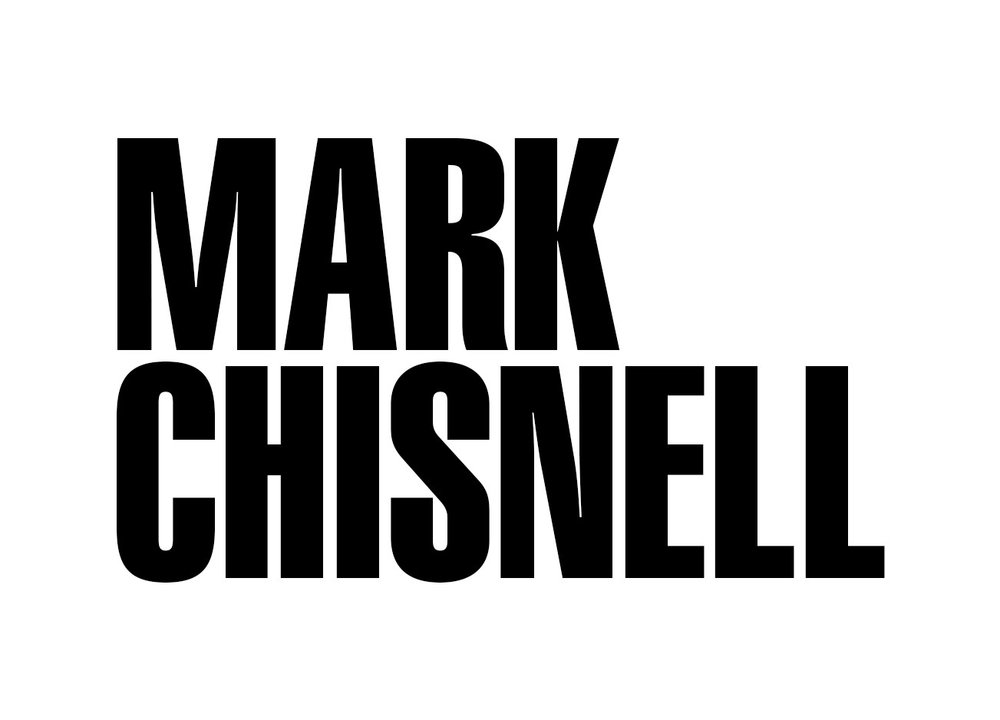I guess the workings of the human mind have been a theme of my writing for a while, and apart from Game Theory and the Prisoner’s Dilemma (used in my novel The Defector), I’ve been fascinated by behavioural economics – an area of research for which Richard Thaler just won a Nobel Prize.
The basic idea is that human beings are hard-wired to make mistakes, a whole category of errors that psychologists call cognitive biases — systematically flawed judgements that are a consequence of ingrained ways of thinking.
These psychological biases are the foundations of Thaler’s work in behavioural economics, a revolutionary new way of looking at how real people function in the complex world of money, incentive and human fallibility – it’s a topic popularised by the Freakonomics books written by journalist Stephen Dubner and economist Steven Levitt.
Michael Lewis famously and unknowingly revealed a cognitive bias when he told the story of Billy Beane, General Manager of the Oakland A’s, one of San Francisco’s two Major League Baseball teams. Moneyball was Lewis’s bestselling account of how Beane used Big Data to help the A’s, one of the poorest teams in the Majors, to beat bigger, richer teams relying on traditional talent scouts.
The problem that Lewis described in Moneyball is called representativeness; in that instance, it was judging athletes by appearance, by old school scouting, instead of assessing performance objectively by data analysis. Lewis was unaware when he wrote Moneyball that psychologists had already identified and named this judgement or cognitive bias.
Michael Lewis corrected this error with The Undoing Project, a book about two Israeli psychologists, Daniel Kahneman and Amos Tversky. They wrote the original academic paper on representativeness, and Kahneman later won a Nobel Prize for this work – but representativeness is just one in a long list of ways that humans fail to make rational judgements – identified by Kahneman, Tversky and their intellectual heirs.
I see cognitive bias everywhere; and at the moment it’s particularly evident in the strategic decisions made in the Volvo Ocean Race – and yesterday’s action was a good example. The second half of my story about it describes a window of opportunity to make a radical departure from the traditional strategy for tackling the South Atlantic. The chance was there for someone to split from the fleet, and maybe win the leg by half a day. No one took it. This afternoon, the 14th November they all remain in line astern, following each other south, with the leaders extending as they slowly sail into better breeze.
If you know anything about racing sailboats, you will know how hard it is to overtake from directly behind someone – passing requires leverage, getting out to one side, and finding an advantage in some different weather. Not one of the seven boats in the race took the opportunity to get that leverage and find that weather. Sure, it was a risk, a big risk – but some of these boats are trailing by 60-70 miles, they aren’t as quick as the leaders and the only way they are going to get on the podium is by doing something different. Or smarter. But the status quo bias is strong in humans, we exhibit a profound preference for things the way that they are. So… they all carry on into the South Atlantic in a neat and tidy line.
It may be that this wasn’t the right opportunity, that there was too much risk involved in backing the conclusions of a 12 day weather forecast… but still, there aren’t that many times when these opportunities will come about, and this might just have been a good one gone begging.
copyright Expedition

